Description
Новая книга Александра Сиротина-Лахмана — сборник рассказов, написанных в разных жанрах, в разное время и в разных странах. Некоторые из них появились в начале 1970-х годов в Москве. Эти рассказы отражают осознание автороми абсурдности страны, строящей свою версию коммунизма.
В 1976 году было принято окончательное решение бежать из Советского Союза и бежать как можно дальше. «Как можно дальше» оказались США, куда моя мама, бывшая актриса Московского государственного еврейского театра, и я приехали в феврале 1979 года. Мои наблюдения за иммигрантами из коммунистических стран и их новой жизнью в условиях свободы инициативы, предпринимательства и личной ответственности давали пищу для смешных и грустных монологов, а также для размышлений о собственном месте в новой стране, которые я излагал в ритмичной прозе. Но даже здесь я сталкивался с элементами абсурда, которые, очевидно, сопровождают нашу жизнь независимо от места и времени.
Через множество рассказов, монологов и сказок проходит тема еврейской, в частности русско-еврейской, идентичности с очевидным и подспудным грузом многовековых гонений на еврейский народ. Автор пытается придать юмористическим монологам еврейский акцент. Еврейская традиция отражается и в элементах притчи, которые автор использует в «Гонке мешков», «Вагоне», «Доме зеркал» и некоторых других, близких к сценариям пьес. Русская самобытность прослеживается и в некоторых рассказах, особенно в тех, которые включают элементы русского фольклора. Ряд реальных историй описывает события, в которых автор либо участвовал, либо был свидетелем.
Наконец, в сборник вошли два коротких рассказа матери автора — Нехамы Сиротиной. Это сделано по двум причинам. Во-первых, чтобы сохранить их в печатном виде, во-вторых, чтобы показать преемственность дара через поколения. Это также почтительный поклон сына в память о матери, чья короткая жизнь была наполнена страданиями, и благодарность ей.
* * *
A new book by Alexander Sirotin-Lachman is a collection of short stories of different genres, written at different times and in different countries. Some of them appeared in Moscow in the early 1970s. These stories reflect the author’s realization of the absurdity of a country building its own version of communism.
In 1976, the final decision was made to flee the Soviet Union and get as far away as possible. “As far away as possible” turned out to be the United States, where my mother, a former actress at the Moscow State Jewish Theater, and I arrived in February 1979. My observations of immigrants from Communist countries and their new life under conditions of freedom, initiative, entrepreneurship, and personal responsibility provided material for funny and sad monologues, as well as for reflections on my own place in the new country, which I expressed in rhythmic prose. But even here I encountered elements of absurdity that seem to accompany our lives regardless of place and time.
Through many of the stories, monologues, and narratives runs the theme of Jewish, especially Russian, identity with the obvious and underlying burden of centuries of persecution of the Jewish people. The author tries to give the humorous monologues a Jewish accent. The Jewish tradition is also reflected in the parable elements used by the author in “The Sack Race”, “The Wagon”, “The House of Mirrors” and some others that are close to the scripts of the plays. Russian identity is also evident in some of the stories, especially those that contain elements of Russian folklore. A few true stories describe events that the author either participated in or witnessed.
Finally, the collection includes two short stories by the author’s mother, Nehama Sirotina. This was done for two reasons. First, to preserve them in print, and second, to show the continuity of the gift through the generations. It is also a son’s respectful bow in memory of his mother, whose short life was filled with suffering, and in gratitude to her.



 Alexander Sirotin-Lachman was born in Moscow, Russia. His mother, Nechama Sirotina was an actress in the Moscow Jewish Theater led by Michoels. His father Fischel Lachman graduated from the Moscow Jewish Theater college, fought in World War II, and worked as an engineer. Alexander graduated from Shchukin Theater College with a degree in acting and directing and later from the Higher Directing Course of the State Institute for Theater Arts. He directed concerts and wrote plays, screenplays, and satirical miniatures and monologues, which were published in Moscow newspapers.
Alexander Sirotin-Lachman was born in Moscow, Russia. His mother, Nechama Sirotina was an actress in the Moscow Jewish Theater led by Michoels. His father Fischel Lachman graduated from the Moscow Jewish Theater college, fought in World War II, and worked as an engineer. Alexander graduated from Shchukin Theater College with a degree in acting and directing and later from the Higher Directing Course of the State Institute for Theater Arts. He directed concerts and wrote plays, screenplays, and satirical miniatures and monologues, which were published in Moscow newspapers.
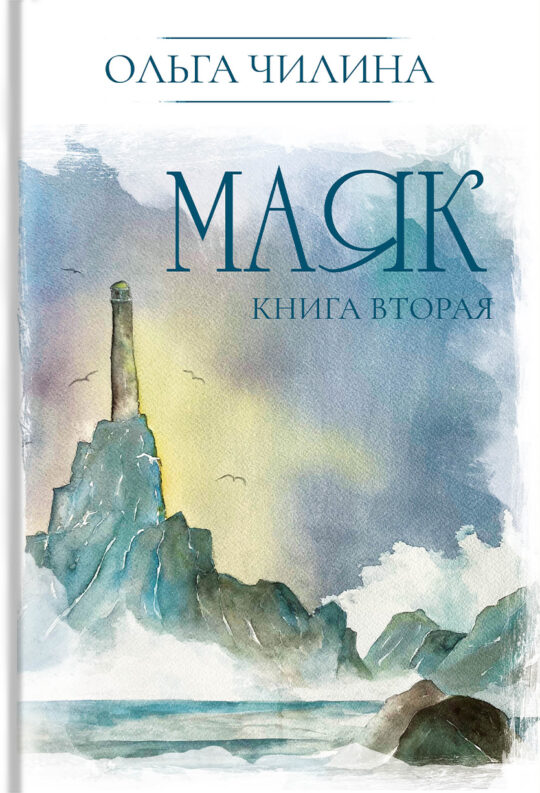
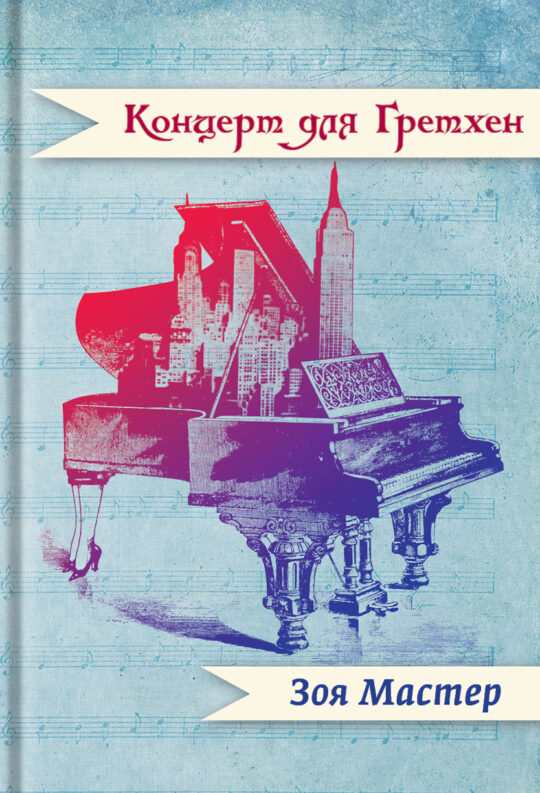
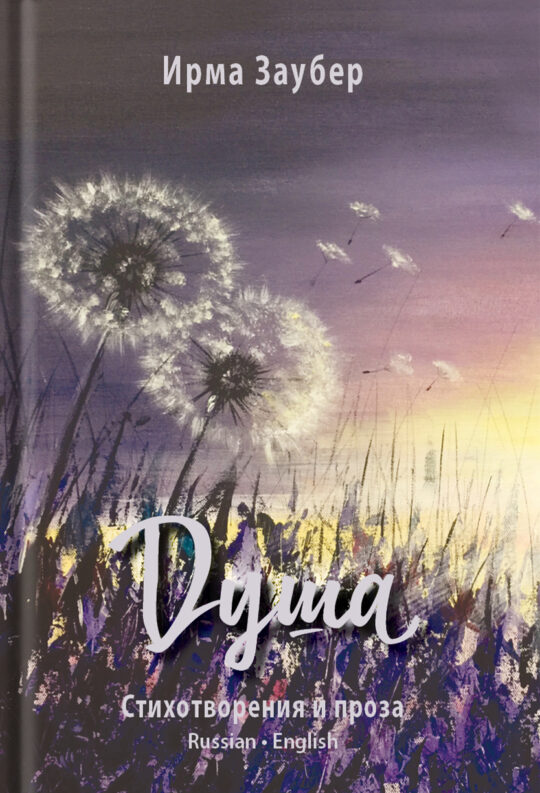
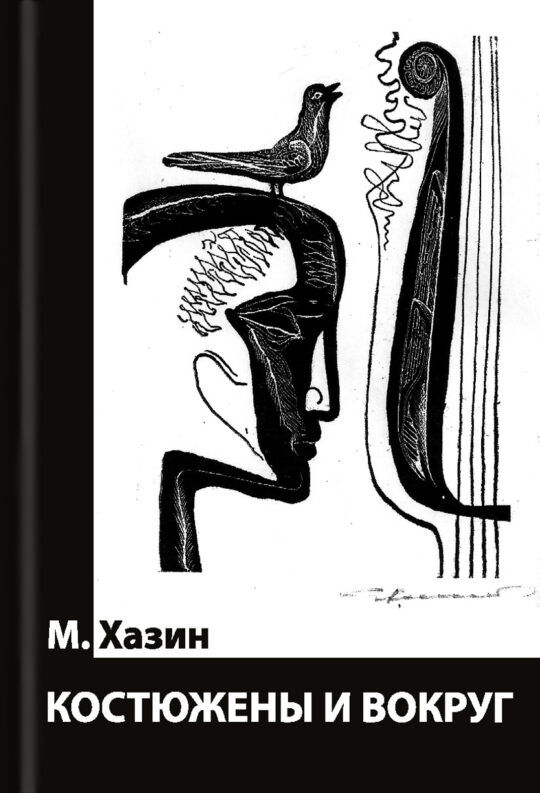
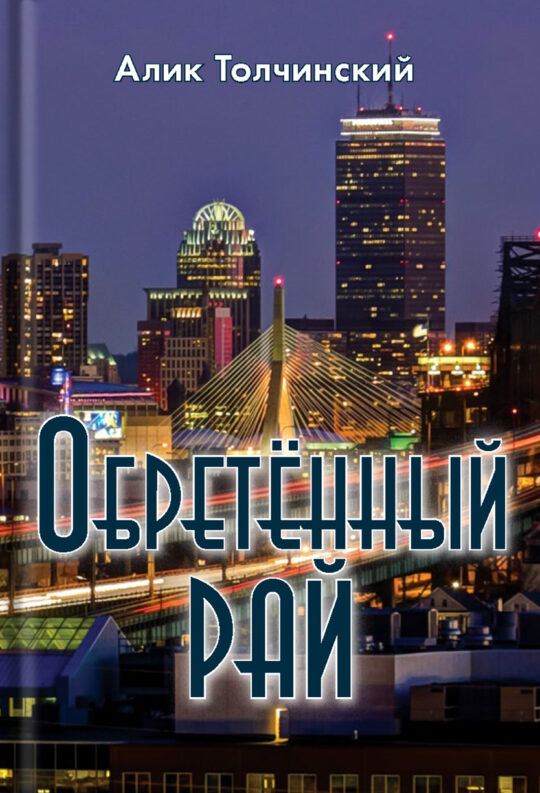
Reviews
There are no reviews yet.